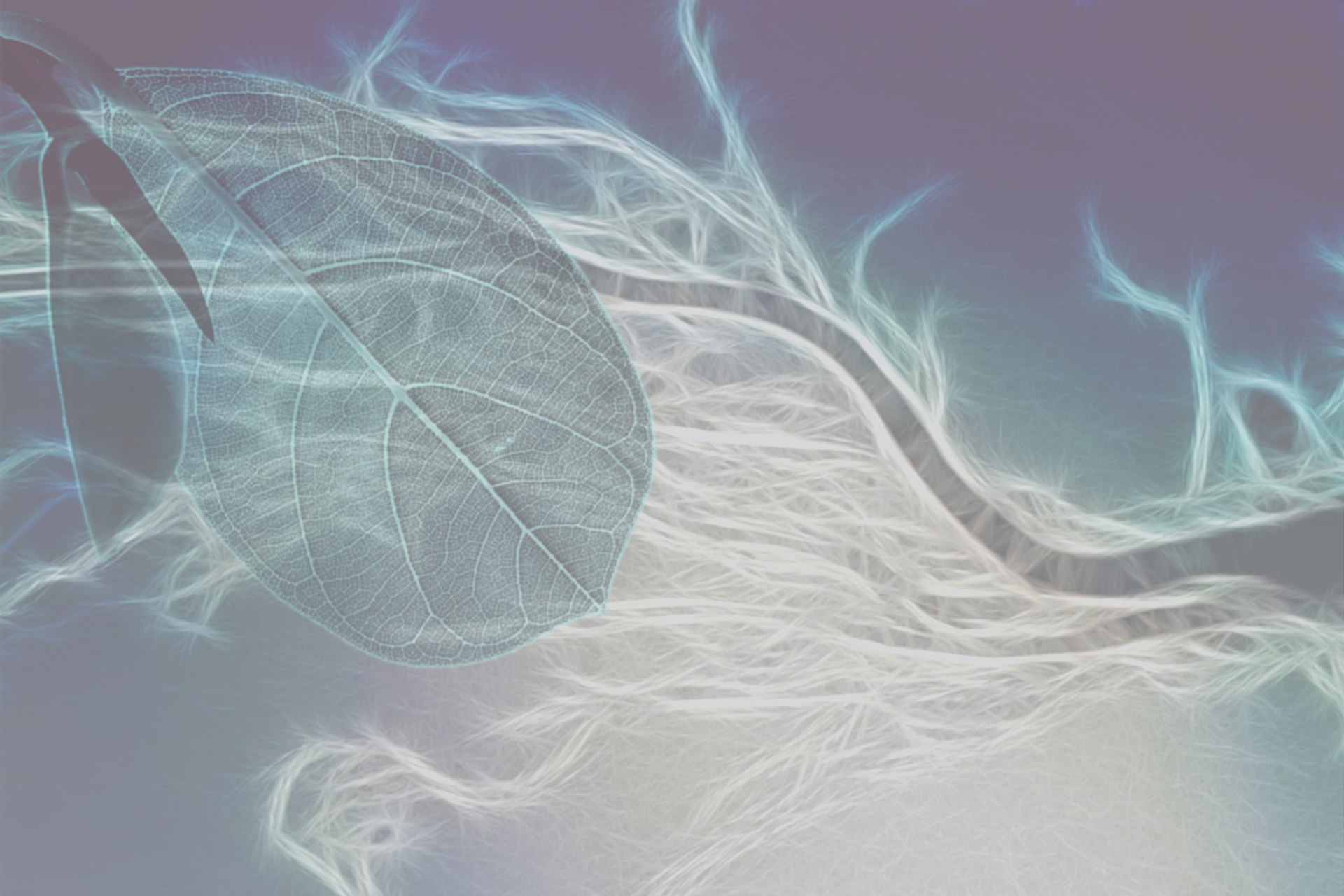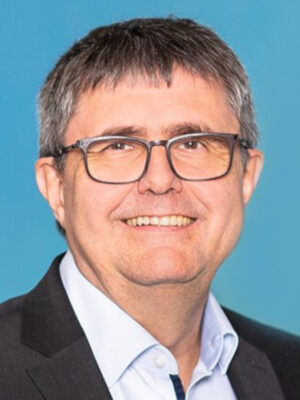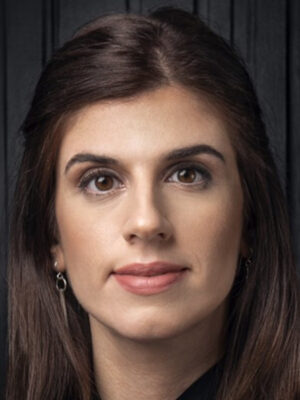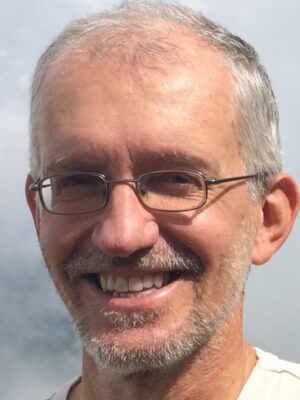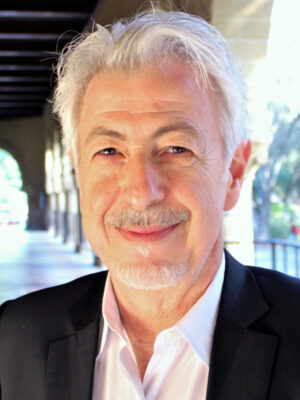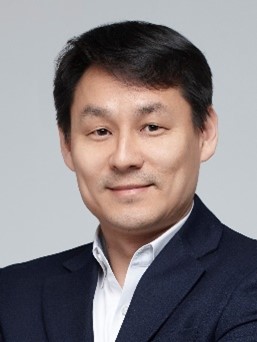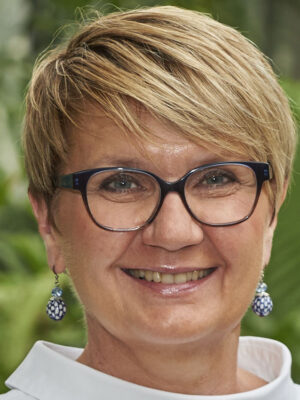Max Planck Institute of Colloids and Interfaces
Molecular-scale contractility plays an essential role in shape-forming processes as well as for the motility of biological tissues. This is true in plants where osmotic pressure actuates leaves and controls cell growth. But even in dead plant tissue, such as awns and seed capsules, humidity uptake from air results in volume changes of the cell walls and, thereby, in force generation and actuation. Molecular motors, such as myosin coupled to actin filaments, generate contractile forces in animal tissues. In addition to their well-known function in muscles, they also help generating complex shapes in growing tissues. Recent in vitro experiments combined with theoretical modeling show that actin filament contraction in near surface regions of a growing micro-tissue controls the development of complex shapes, in analogy to the effect of surface tension. Other molecular systems, such as collagen fibrils, also generate contractile stress in the extracellular matrix when subjected to osmotic pressure or to mineralization. This force generation is, for example, an essential contribution to fracture resistance in bone or dentin. The talk reviews recent work on some molecular-scale contractile biological fibers.

